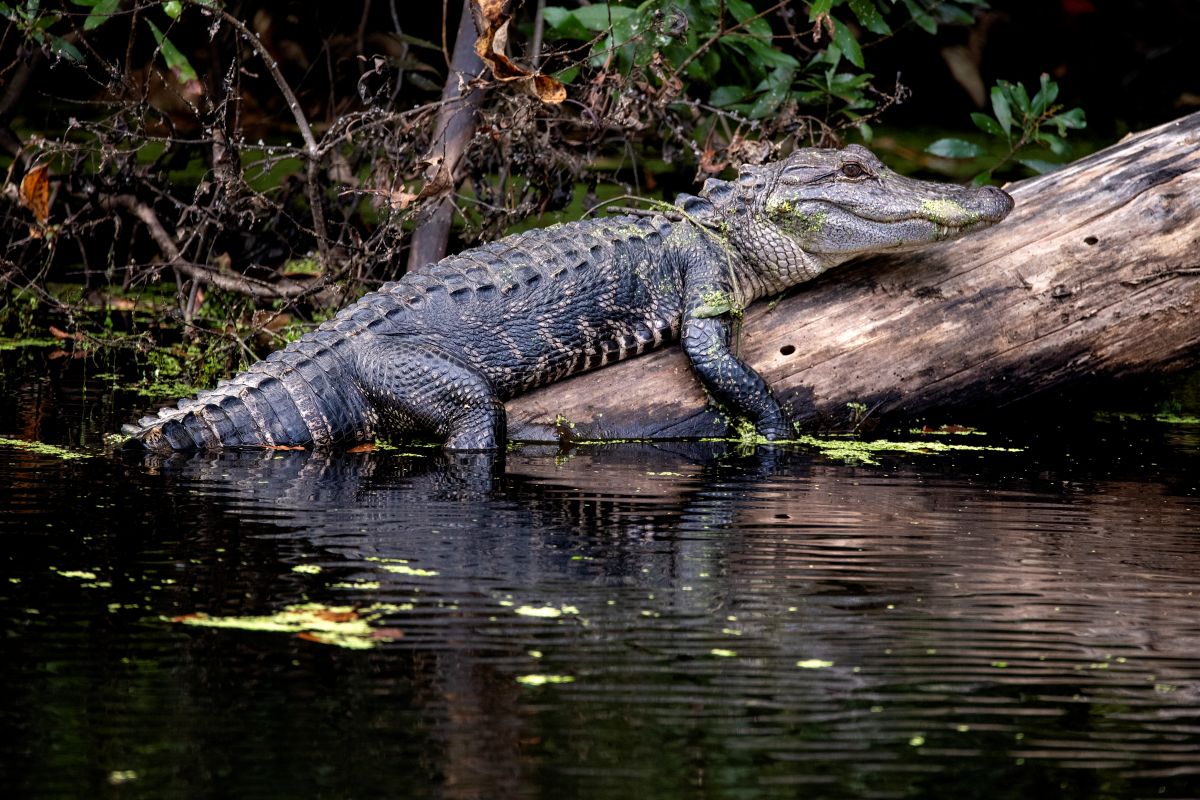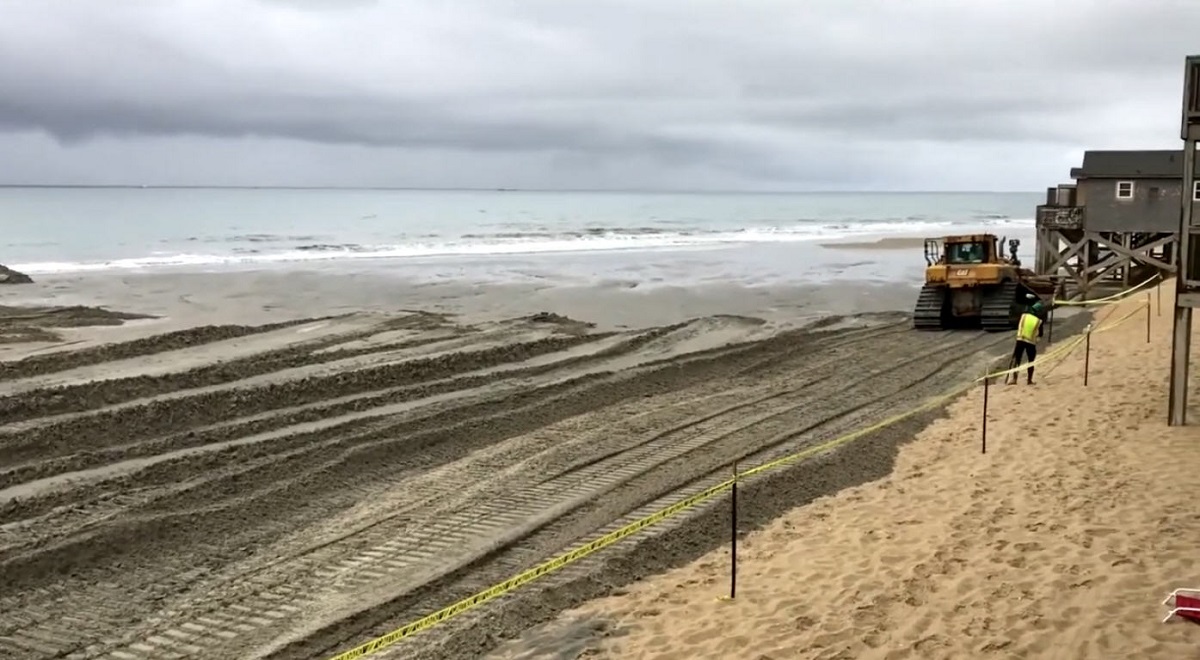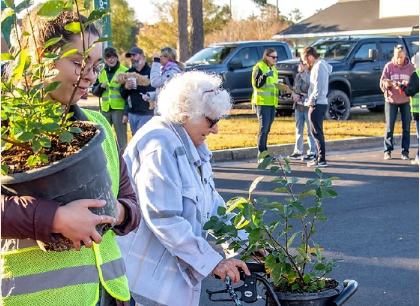
Nowadays it’s not uncommon to hear about human-alligator encounters in southeastern North Carolina.
That’s why the North Carolina Wildlife Resources Commission this week launched “GatorWise,” an informational outreach initiative to educate the public on how to live responsibly with alligators.
Supporter Spotlight
Most calls about alligators to the agency’s Wildlife Hotline come from New Hanover and Brunswick counties, coastal counties that experienced exponential development since American alligators were delisted in 1987 from the federal endangered species list, according to the commission.
“As development continues to expand into once-remote areas where alligators live, we need to become GatorWise in order to safely share the land with this species,” commission Wildlife Biologist Alicia Wassmer said in a release.
“Urbanization is projected to increase at exponential rates in areas where alligator habitat occurs,” Wassmer continued. “This continuous conversion of natural spaces, coupled with a constant influx of newcomers who may not know that alligators are here or aren’t familiar with alligator behavior, have amplified the need for state wildlife resource agencies to proactively connect residents and visitors with vital information on how to coexist responsibly with the alligators that live in these communities.”
American alligators live in 11 southeastern states, including North Carolina, which is the northern-most region in which they reside in the United States.
Wildlife agencies in all of those states on Monday launched the program, which emphasizes following six GatorWise Basics:
Supporter Spotlight
- Assume alligators are present in water bodies.
- Do not discard fish or food scraps in those waters.
- Never feed, harass, capture or handle an alligator.
- Supervise small children near water and keep pets leashed and away from the water’s edge.
- Always observe warning signs when you are in or near the water.
- Avoid swimming in areas with dense vegetation and swim only in daylight.
Additional information is available on the commission’s website.







